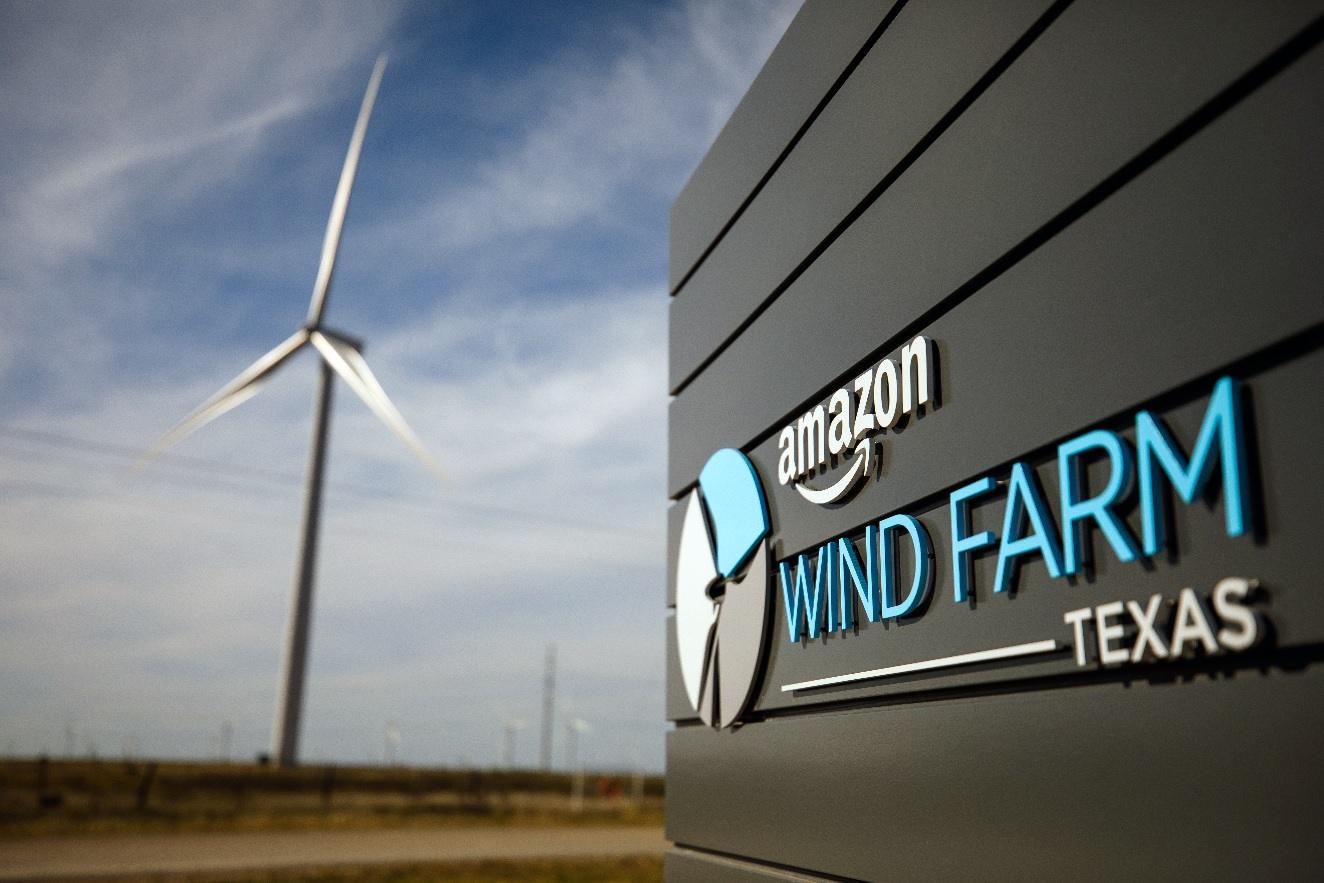Major Emitters Progressing on Climate Goals, But Lagging on Decarbonization Strategies: CA100+
Climate-focused investor engagement initiative Climate Action 100+ (CA100+) announced today the results of the most recent round of Net Zero Company Benchmark assessments, examining the emissions reduction goals, decarbonization strategies and climate disclosure practices of the world’s largest greenhouse gas (GHG) emitting companies.
The assessment indicated that major emitters continue to make progress on setting net zero commitments, but many have not advanced on setting transition strategies to match their decarbonization goals.
Rebecca Mikula-Wright, Vice-Chair of the CA100+ Steering Committee, and CEO of AIGCC and IGCC said:
“Companies are making net zero commitments, but investors want those companies to turn intentions into concrete short- and medium-term actions to provide the confidence they can get to net zero. Corporate leaders can and should use each new round of Climate Action 100+ Benchmark assessments to demonstrate their ambitious climate action.”
Launched in 2017, Climate Action 100+ is an investor initiative, with 700 investors representing more than $68 trillion in assets, that targets the world’s largest corporate greenhouse gas emitters to promote taking necessary action on climate change, and align their business strategies with net zero in order to help limit average global temperature rise to 1.5 degrees Celsius.
The initiative introduced its Net-Zero Company Benchmark last year, in order to provide investors with detailed, comparative assessments of individual focus company performance against the initiative’s three high-level commitment goals, including reducing greenhouse gas emissions, improving governance, and strengthening climate-related financial disclosures.
The assessment measured the progress of 159 companies on the CA100+ focus list across a list of indicators ranging from short-, medium and long-term emissions target setting, and decarbonization strategies, to climate policy engagement, disclosure and capital allocation alignment.
The assessment is the second to be carried out by CA100+ since the launch of the benchmark, following the first assessment in March (CA100+ said that it will conduct assessments in October going forward to improve alignment with corporate reporting). Despite the short time-frame between assessments, CA100+ found that progress has been made by several companies in some areas, with more than a 9 percentage point increase in companies with long-term targets aligned with a 1.5°C pathway, and 75% companies with a 2050 net zero commitment, up from 69% in March.
CA100+’s assessment note, however, that companies’ ambitions are not yet matched by credible transition strategies or actions, with only 10% of companies committing to fully align their capex plans with their emissions targets. The assessment found that only a quarter of electric utility companies have announced coal phase-out plans aligned with even a 2°C warming scenario, and over 60% of oil and gas-focused companies sanctioning projects in 2021 that are inconsistent with limiting global warming to below 2°C.
The assessment also found continued improvement in disclosure by the focus companies, with 91% aligning with TCFD recommendations, and for the first time a small number of companies providing sensitivities to their financial statements of using assumptions consistent achieving net zero emissions by 2050, which CA100+ called a “significant step in the right direction of assessing climate change as a material risk.”
CA100+ Steering Committee member and CEO of PRI David Atkin said:
“We welcome strong progress on a number of the important indicators included around this most recent iteration of the Climate Action 100+ Benchmark. However, we know we need to see ambitious action taken further and faster on important indicators – including a stronger focus on short-to-medium term action, to help pursue efforts to reach a 1.5C pathway.”
Click here to access the Net Zero Company Benchmark assessment.





